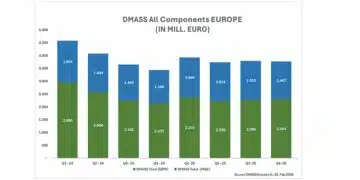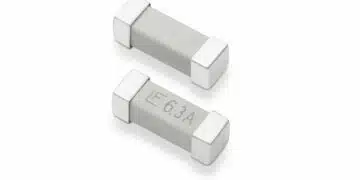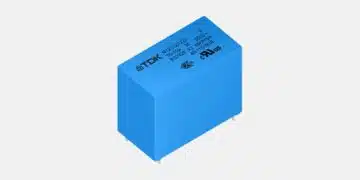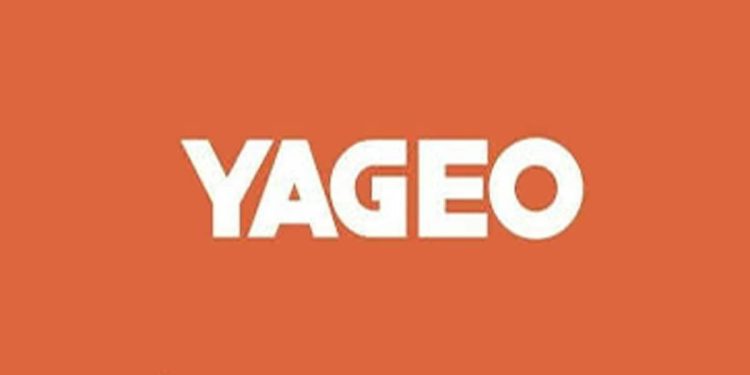Yageo Corp (國巨), the world’s No. 3 passive components maker, yesterday said that revenue last month jumped 50.4 percent month-on-month to a 14 month high as a majority of its manufacturing capacity in China returned and customer demand grew.
With the relaxing of lockdowns and containment measures in China, the company has restored 70 percent of its manufacturing capacity, in line with its restoration plan, Yageo said.
Revenue last month expanded to NT$4.03 billion (US$133.66 million) month-on-month from NT$2.68 billion in February. On an annual basis, revenue rose 14.8 percent from NT$3.52 billion.
First-quarter revenue fell 12 percent year-on-year to NT$10.02 billion from NT$11.39 billion a year earlier. On a quarterly basis, revenue edged up 0.2 percent.
“Monthly revenue in March was significantly higher than the previous month, mainly thanks to the rate at which Chinese factories are resuming production and strong orders from end customers,” Yageo said. “Operations, orders and shipments are all back to normal.”
As China accounts for about 70 percent of the company’s revenue, Yageo said that it would take the steps necessary to further recover its production capacity in the country, allowing it to meet rising customer demand.
Local peer Walsin Technology Corp (華新科技) reported that revenue last month increased 27.9 percent month-on-month to NT$2.45 billion from NT$1.91 billion a month earlier. On an annual basis, revenue fell 12.9 percent from NT$2.81 billion.
“With more workers returning to work, production in China was restored in March. On the other hand, demand from PC-related segments has increased due to the expansion of the stay-at-home economy,” Walsin said in a news release.
The firm’s revenue last quarter declined 23.38 percent annually and 2.15 percent quarterly to NT$6.37 billion, it said.
Taiwan MLCC, resistor makers see mostly orders with short lead time
Taiwan-based passive component makers have landed mostly short lead time orders recently from clients seeking to replenish their inventory, with order visibility clear just one month ahead, according to industry sources.
































